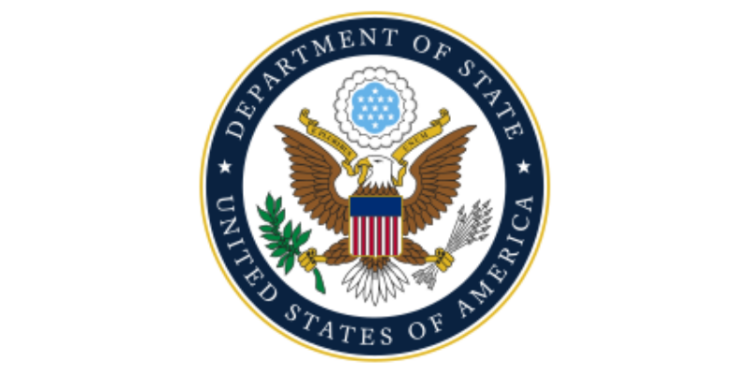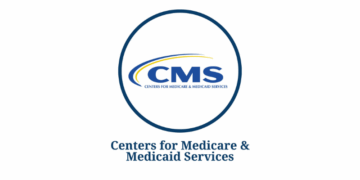The United States announced a partial resumption of the President’s Emergency Plan for AIDS Relief (PEPFAR) in South Africa on Monday, February 10th, following a limited waiver granted by Secretary of State Marco Rubio in January. The waiver allows for the continuation of certain life-saving HIV treatment and prevention services despite restrictions imposed by President Donald Trump’s recent executive order addressing the South African government’s actions.
According to a statement, PEPFAR’s implementing agencies, including the Peace Corps, Centers for Disease Control and Prevention (CDC), U.S. Agency for International Development (USAID), and the Department of State, are assessing which activities qualify under the waiver. Only specific services that meet the waiver’s criteria will resume, and each agency must adhere to its legal process before restarting operations.
The waiver permits the continuation of essential HIV-related services, including testing, counseling, and treatment for opportunistic infections such as tuberculosis. It also covers the prevention of mother-to-child transmission, laboratory services, and procurement of critical medicines and test kits. Additionally, administrative costs deemed necessary for program oversight and clinical monitoring are included.
U.S. officials have communicated these updates to the South African National Department of Health and stakeholders to ensure clarity and minimize confusion. The U.S. Embassy in South Africa and the PEPFAR Country Coordinator remain available to address questions and provide further guidance.
While the waiver allows specific programs to continue, many other PEPFAR-funded activities remain suspended. The full impact of the executive order on broader U.S. aid to South Africa is still unfolding, and officials are working to determine the extent of permissible assistance under the new policy.
The PEPFAR program, established in 2003, has been a critical component of the global fight against HIV/AIDS, particularly in South Africa, which has one of the highest HIV prevalence rates in the world. The partial reinstatement of aid under the limited waiver ensures that essential HIV services can continue while the broader implications of U.S. policy toward South Africa are assessed.








